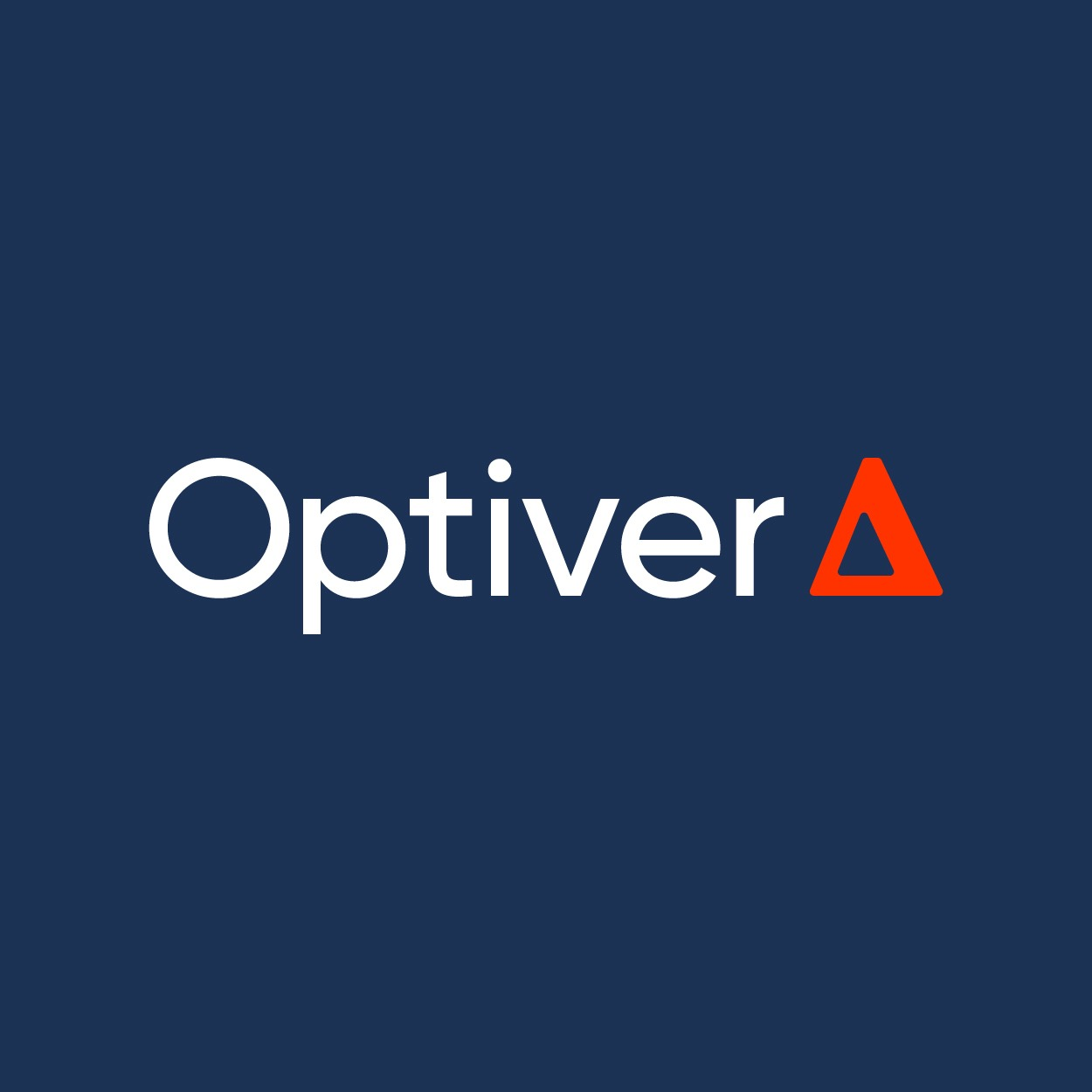
Optiver
Process Dependencies
Question Metadata
- Interview Type
- technical
- Company
- Optiver
- Last Seen
- Within the last month
- Confidence Level
- High Confidence
- Access Status
- Requires purchase
Purchase access to view the full interview question
Assessment Rubric Overview: "Process Dependencies"
The "Process Dependencies" problem evaluates a candidate's proficiency in system design, algorithmic problem-solving, and understanding of concurrency and scheduling within complex systems. This aligns with Optiver's emphasis on technical excellence and practical application of computer science principles.
Core Competencies and Skills Evaluated:
-
System Design and Architecture: Ability to design scalable and efficient systems that manage complex inter-process dependencies, ensuring optimal scheduling and resource utilization.
-
Algorithmic Problem-Solving: Proficiency in developing algorithms that handle scheduling constraints, process dependencies, and time management within large-scale systems.
-
Concurrency and Synchronization: Understanding of concurrent process execution, synchronization mechanisms, and the challenges associated with managing multiple processes in parallel.
-
Time Complexity Analysis: Skill in analyzing and optimizing the time complexity of scheduling algorithms to ensure responsiveness and efficiency in real-time systems.
Behavioral Traits and Problem-Solving Approaches Assessed:
-
Analytical Thinking: Demonstrated ability to dissect complex problems, identify key components, and develop structured solutions.
-
Attention to Detail: Meticulousness in considering all constraints and dependencies to avoid errors in scheduling and resource allocation.
-
Adaptability: Flexibility in adjusting solutions to accommodate changing requirements or unforeseen challenges in system behavior.
-
Communication Skills: Clarity in articulating thought processes, justifying design decisions, and collaborating effectively with team members.
Assessment Process Expectations:
Candidates can anticipate a multi-phase interview process, including:
-
Online Assessment: Typically comprising coding challenges that test algorithmic skills and problem-solving abilities.
-
Technical Interviews: In-depth discussions focusing on system design, concurrency, and scheduling algorithms, often involving whiteboard exercises or live coding sessions.
-
Behavioral Interviews: Conversations aimed at understanding the candidate's approach to teamwork, adaptability, and communication within a technical context.
Preparation Recommendations:
-
System Design Practice: Engage in exercises that involve designing systems with complex interdependencies, such as distributed systems or real-time scheduling applications.
-
Algorithm Optimization: Focus on algorithms related to scheduling, dependency resolution, and concurrency, ensuring a deep understanding of their time and space complexities.
-
Concurrency Concepts: Study synchronization mechanisms, deadlock prevention, and parallel processing to effectively manage concurrent processes.
-
Mock Interviews: Participate in mock interviews to refine problem-solving approaches, improve communication skills, and receive constructive feedback.
Evaluation Criteria and Technical Concepts:
-
Correctness and Efficiency: Solutions must be both correct and optimized for performance, demonstrating an understanding of algorithmic efficiency.
-
Scalability: Ability to design solutions that scale effectively with increasing numbers of processes and dependencies.
-
Practical Application: Demonstrated ability to apply theoretical knowledge to real-world scenarios, reflecting Optiver's focus on practical problem-solving.
Optiver-Specific Expectations and Cultural Fit Considerations:
Optiver values candidates who exhibit a strong technical foundation, a collaborative mindset, and the ability to thrive in high-pressure environments. Demonstrating a passion for trading systems and an understanding of their complexities will align well with Optiver's mission and culture.
By focusing on these areas, candidates can effectively prepare for the "Process Dependencies" problem and align their skills with Optiver's technical and cultural expectations.
Other verified questions from Optiver